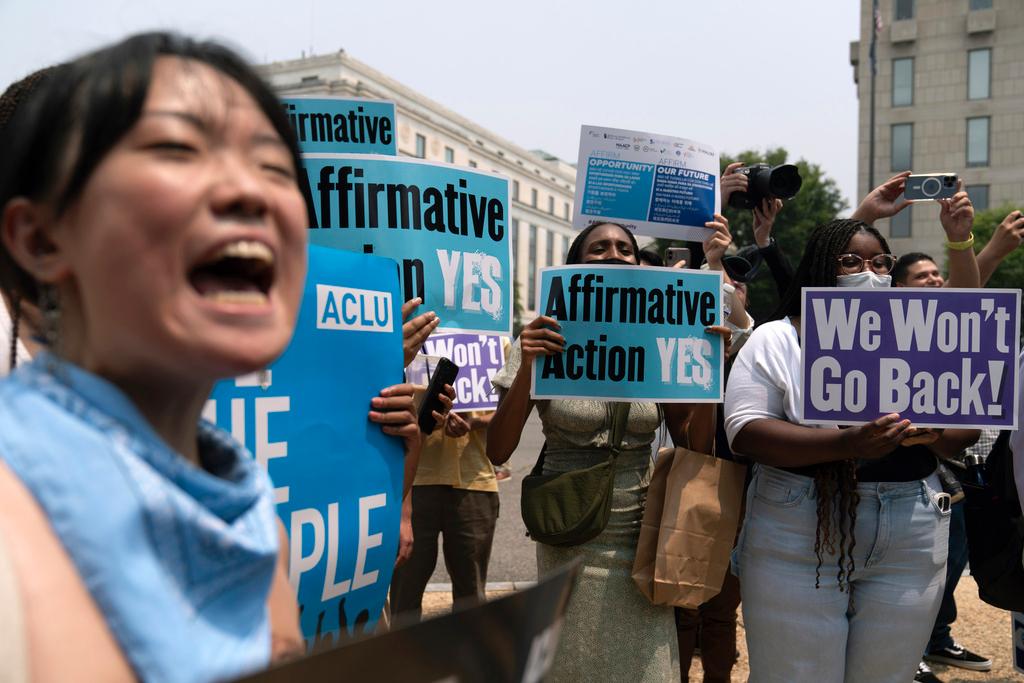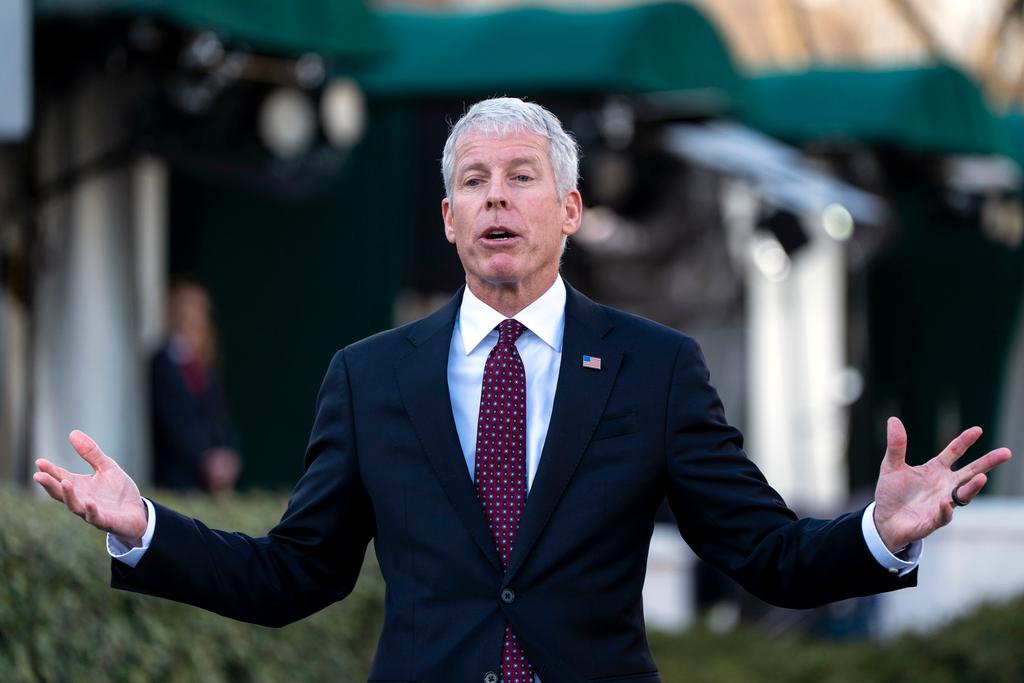
This story was originally published by Chalkbeat. Sign up for their newsletters at ckbe.at/newsletters.
By Erica Meltzer, Chalkbeat
The U.S. Department of Education is giving state education agencies 10 days to certify that their schools do not engage in any practices that the administration believes illegally promote diversity, equity, and inclusion.
In a letter sent Thursday, the Education Department told state schools chiefs that they must sign a certification that their schools are in compliance with its controversial interpretation of Title VI of the Civil Rights Act and with the U.S. Supreme Court decision in Students for Fair Admissions v. Harvard.
Those that do not sign will not receive any federal funding, officials said. Federal funding represents about 10% of all K-12 funding nationwide but makes up a larger share of local budgets in high-poverty districts.
The threat comes as many school districts are preparing their budgets for the next school year.
“Federal financial assistance is a privilege, not a right,” Craig Trainor, acting assistant secretary for civil rights, said in a statement. “When state education commissioners accept federal funds, they agree to abide by federal antidiscrimination requirements.
“Unfortunately, we have seen too many schools flout or outright violate these obligations, including by using DEI programs to discriminate against one group of Americans to favor another based on identity characteristics in clear violation of Title VI.”
The Students for Fair Admissions decision barred the use of racial considerations in college admissions but did not address K-12 issues. But Education Department officials said in a February directive that the decision meant any consideration of race or of proxies for race in educational settings would violate civil rights law.
The Trump administration has said that would extend to considering race as a factor in school admissions, hiring or promoting staff, awarding students scholarships or prizes, providing students with administrative support, and deciding how students should be sanctioned or disciplined.
For example, dropping the use of test scores as an admissions criteria for a selective program with the hopes of increasing racial diversity or holding a separate graduation ceremony to recognize students of a particular ethnic group could violate the law.
Many legal experts believe the administration’s interpretation is incorrect and goes much further than the Supreme Court did.
The February Dear Colleague letter generated significant confusion among school and district leaders and is being challenged in court. At the same time, conservative groups have adopted its argument to challenge initiatives that aim to address long-standing disparities, such as Chicago’s recently unveiled Black student success plan.
The demand that state education agencies certify compliance represents the latest attempt by the Trump administration to change local practices without engaging in lengthy investigations of individual complaints. State education departments would be responsible for ensuring school districts and charter schools comply.
The administration has slashed staff in the Office for Civil Rights as part of a larger downsizing of the Education Department.
Historically, even when school districts were found to be in violation of the law, the federal government has worked with them on resolution agreements rather than actually withhold funding.
This is a developing story.
Erica Meltzer is Chalkbeat’s national editor based in Colorado. Contact Erica at [email protected].








